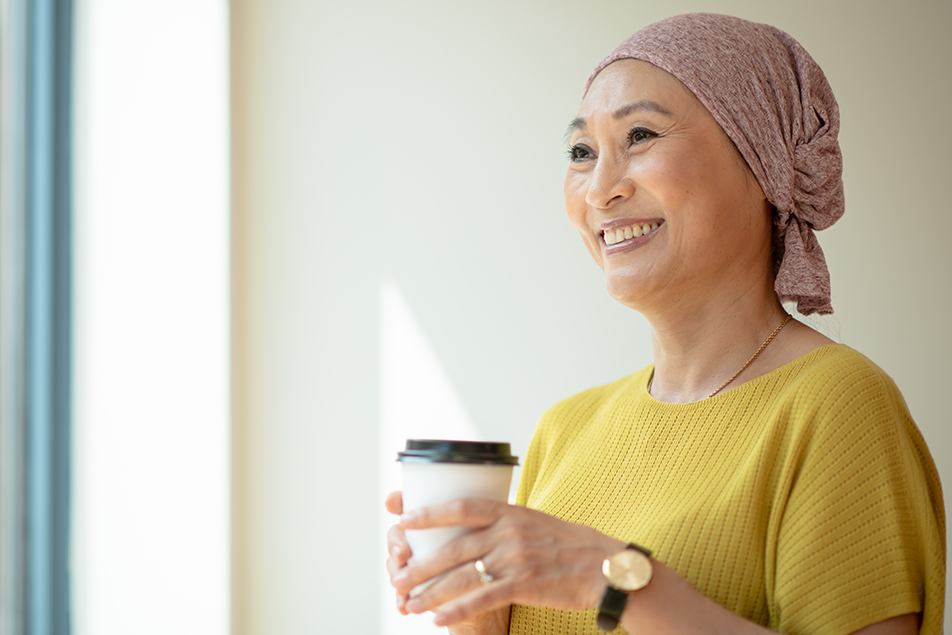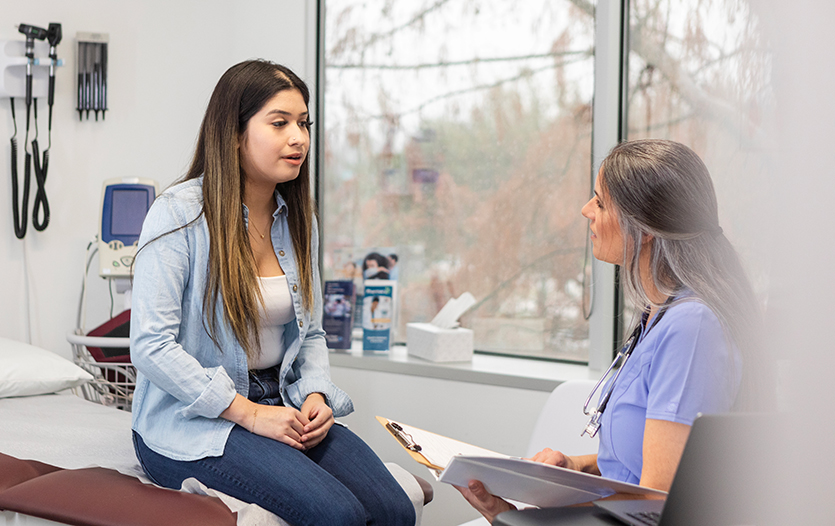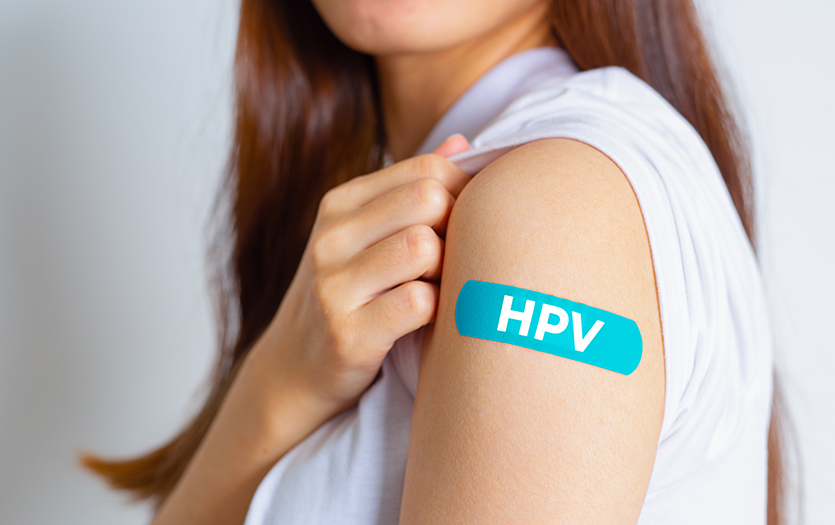
For most people, influenza can resolve on its own, but that’s not true for everyone. Cancer patients, in particular, are at an increased risk of developing serious complications. Jeffrey Letzer, MD, PPG – Oncology, makes the case for those fighting or recovering from cancer to get the flu shot this season.
Are cancer patients at a higher risk of contracting influenza?
Yes, cancer patients who are currently or have recently received chemotherapy are definitely at a higher risk of contracting influenza due to their weakened immune system.
Should cancer patients get a flu shot?
Yes, absolutely! There are multiple reasons cancer patients should receive the influenza vaccine, including:
- Their chances of contracting the flu are less after receiving the flu vaccine.
- The duration, if they have the flu, is, on average, less after receiving a flu shot.
- The likelihood of hospitalization, if they contract influenza, is much lower (10% or less) after receiving the vaccine.
- The potential for death is much lower after receiving the flu vaccine.
Is it safe for people with cancer to get a flu shot?
Yes, the flu shot is safe, but as with any vaccine, there is a small risk of side effects, mostly soreness at the injection site, as well as minor symptoms for a few days. Not getting the vaccine, however, makes the upcoming flu season unsafe for everyone, especially cancer patients receiving chemotherapy.
The only exception, for cancer patients and their household members, is the nasal spray flu mist. It is a LIVE vaccine and should never be taken by this population or their families. Lastly, if someone is allergic to eggs, they should not receive the usual vaccine either, but ask for a recombinant vaccine instead.
Is there a specific flu vaccine that is best for cancer patients?
Fortunately, there are several influenza vaccine options. The decision, however, is between the regular flu vaccine and the high-dose vaccine, both of which contain NO LIVE VIRUS:
- High-dose vaccine: Contains four times the antigens and is recommended for cancer patients over the age of 65.
- Regular flu vaccine: The standard dose that most people under the age of 65 will receive.
If you’re unsure of which vaccine is right for you, please speak with your physician.
What else should cancer patients know about the flu vaccine?
All cancer patients should get a flu vaccine and so should their families in order to decrease their chance of contracting influenza. This also applies to cancer survivors. The flu in general can be dangerous, but this year, with the overlap and confusion between influenza and COVID-19, the potential stress on the medical system could be devastating. Even more reason for all cancer patients, and survivors, to get a flu shot.
When should cancer patients get their flu shots?
Now is an excellent time. Flu season will soon be upon us! But, if you still have questions, discuss your concerns with your physician to decide what’s best for you.
Where is the safest place for cancer patients to get a flu shot this year?
No matter where you get a flu shot, the main concern and focus should be staying safe amid COVID-19. This means wearing an appropriate facial mask and following social distancing guidelines. A drive-by vaccine option, if available, might be a safe option.
What should a cancer patient do if a friend or a relative has the flu?
If they aren’t living in the household, they should stay away from the infected person for at least 7 days after symptoms. If they do reside in the same house, they should try to protect themselves by having that family member self-isolate for at least 7 days. Additionally, if it is documented influenza, and there's a cancer patient in the house, he or she should be considered for Tamiflu® preventative therapy.
What should a cancer patient do if they think they may have the flu?
If a cancer patient believes they have influenza, they should get tested for it and COVID-19. Getting tested is important because both viruses have similar symptoms. If they do have influenza, they should be considered for immediate Tamiflu® or related therapy.
What can family, caregivers or others living in the same household do to protect their loved one with cancer?
The best way family members and caregivers can protect a loved one with cancer are to get the flu shot!
Aside from the flu vaccine, what else can cancer patients do to stay healthy this season?
In addition to a healthy diet and exercise, cancer patients should consider ways to decrease stress, such as meditation or other relaxation techniques. Additionally, following the standard COVID-19 precautions highlighted by medical authorities are even more important as we approach the flu season. Mask wearing, frequent handwashing, social distancing, and avoiding unnecessary exposures to crowded places is paramount to staying healthy this season.
Key takeaways
Cancer patients on active therapy are at a higher risk of influenza-related complications. This winter could prove even more challenging for those fighting the disease. We must all do our part to stay healthy. Let us make this season safer for everyone by getting a flu shot and following Covid-19 precautions.




